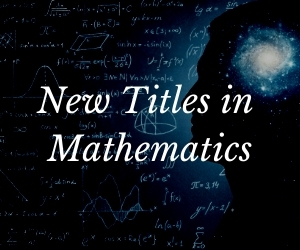System Upgrade on Tue, May 28th, 2024 at 2am (EDT)
Existing users will be able to log into the site and access content. However, E-commerce and registration of new users may not be available for up to 12 hours.For online purchase, please visit us again. Contact us at customercare@wspc.com for any enquiries.
The book originated in a series of lectures given at Liverpool in 2013 to a group that included postgraduate and undergraduate students and staff of the Physics Department. They followed from two very successful lectures given to the undergraduate Physical Society. It seemed that there was a very large interest among the students in investigating the foundations of physics in a way that was never done in physics courses, and was not available in books or other outlets. However, the idea was to create a framework in which students (and interested staff) could develop their own thinking relative to the ideas in the lectures. So it was important to create both conceptual and mathematical structures on the issues that are important at this level. The book has the right sort of technical content to allow for this development, but doesn't lose itself in excessive details. The ideal use for this book would be on postgraduate courses where students would be encouraged to think about the foundations in a way that is well beyond the superficial. However, a course on aspects of this material would also be valuable at the undergraduate level, where students could be stimulated into believing that creative thinking could solve the problems that emerge when we confront foundational problems.
Sample Chapter(s)
Chapter 1: Introduction to Foundational Physics (106 KB)
Contents:
- Introduction to Foundational Physics
- Mathematical Ideas and Methods
- The Most Primitive Concepts
- A Fundamental Symmetry
- Nilpotent Quantum Mechanics I
- Nilpotent Quantum Mechanics II
- Nilpotent Quantum Field Theory
- Gravity
- Particles
- Return to Symmetries
Readership: Students and researchers with basic knowledge in abstract mathematics, who are interested in the fundamentals of physics.
























